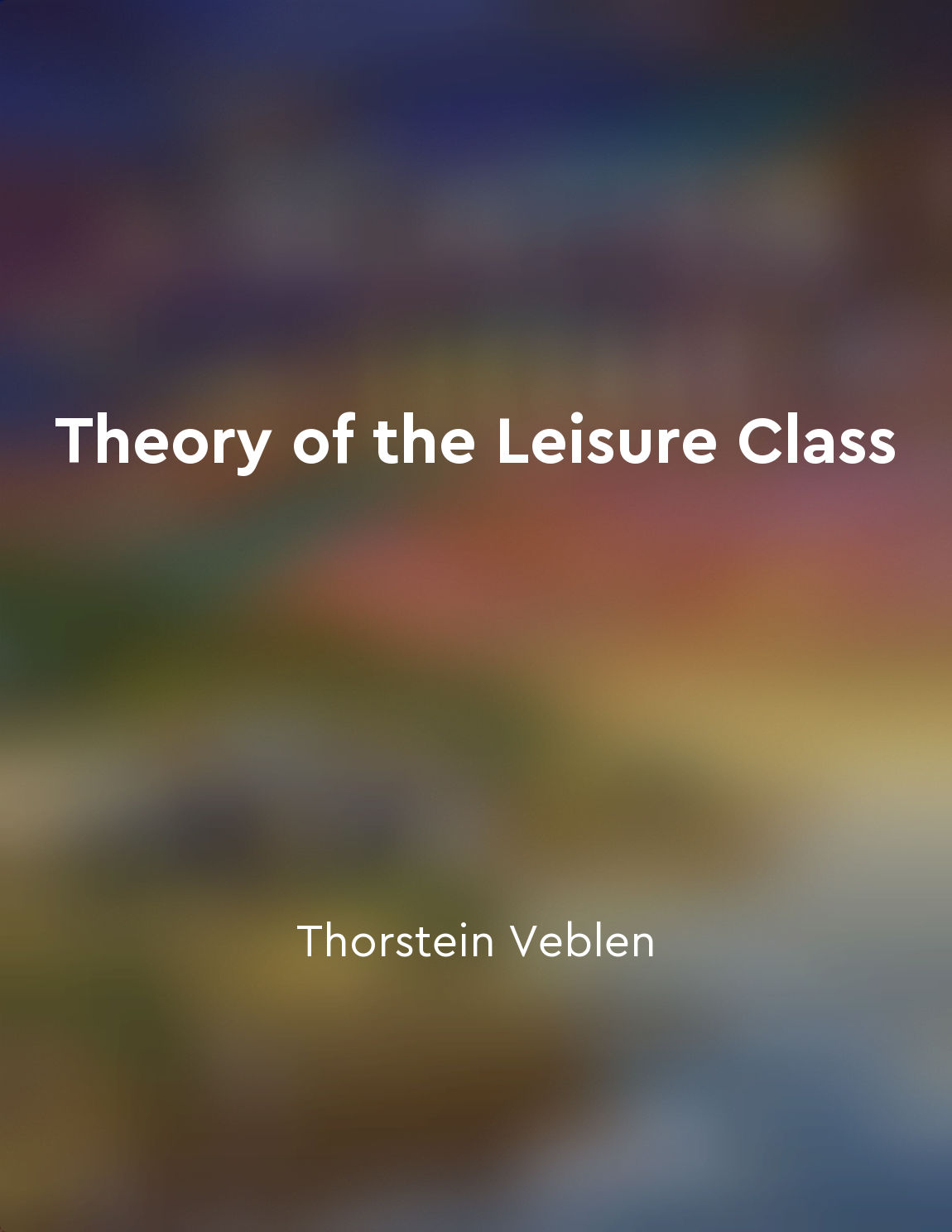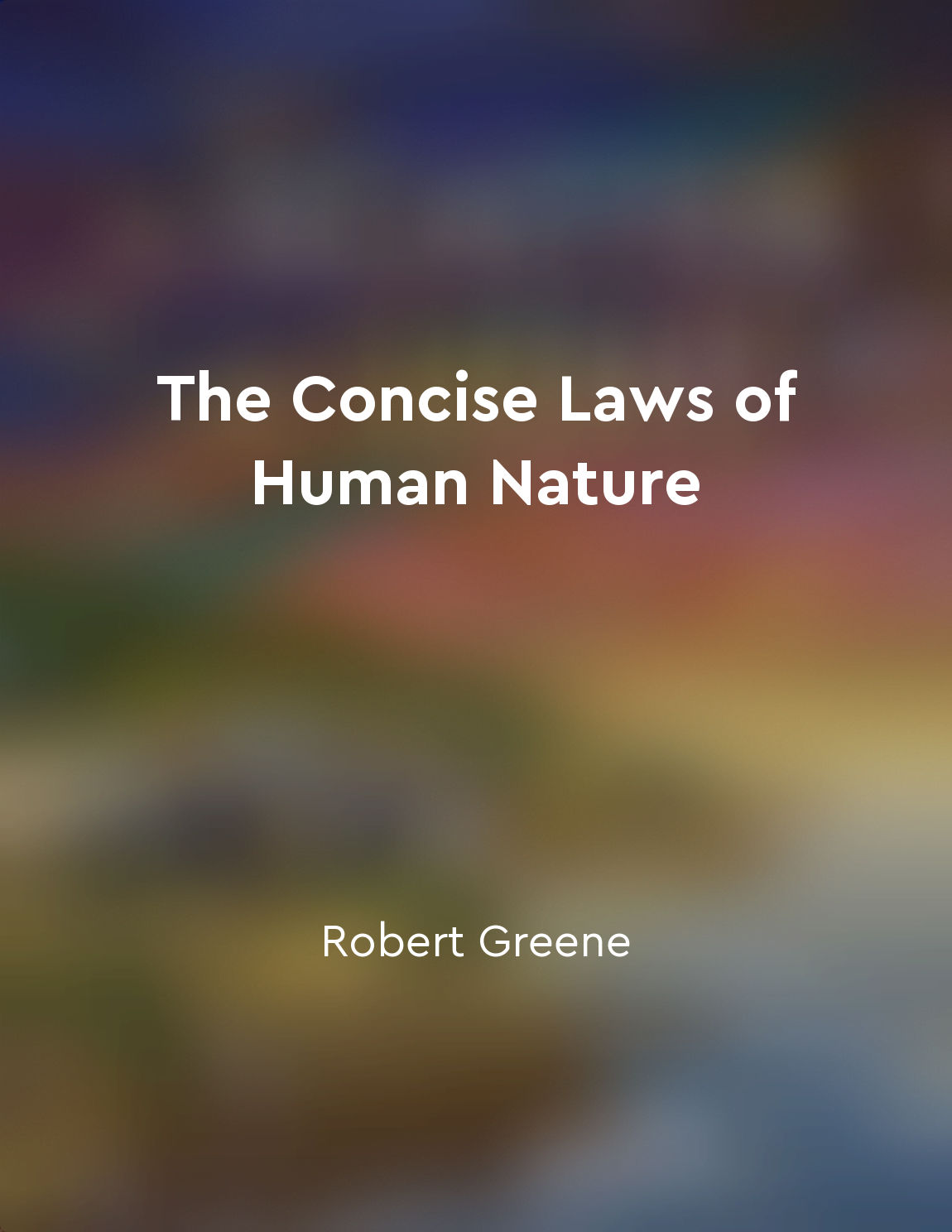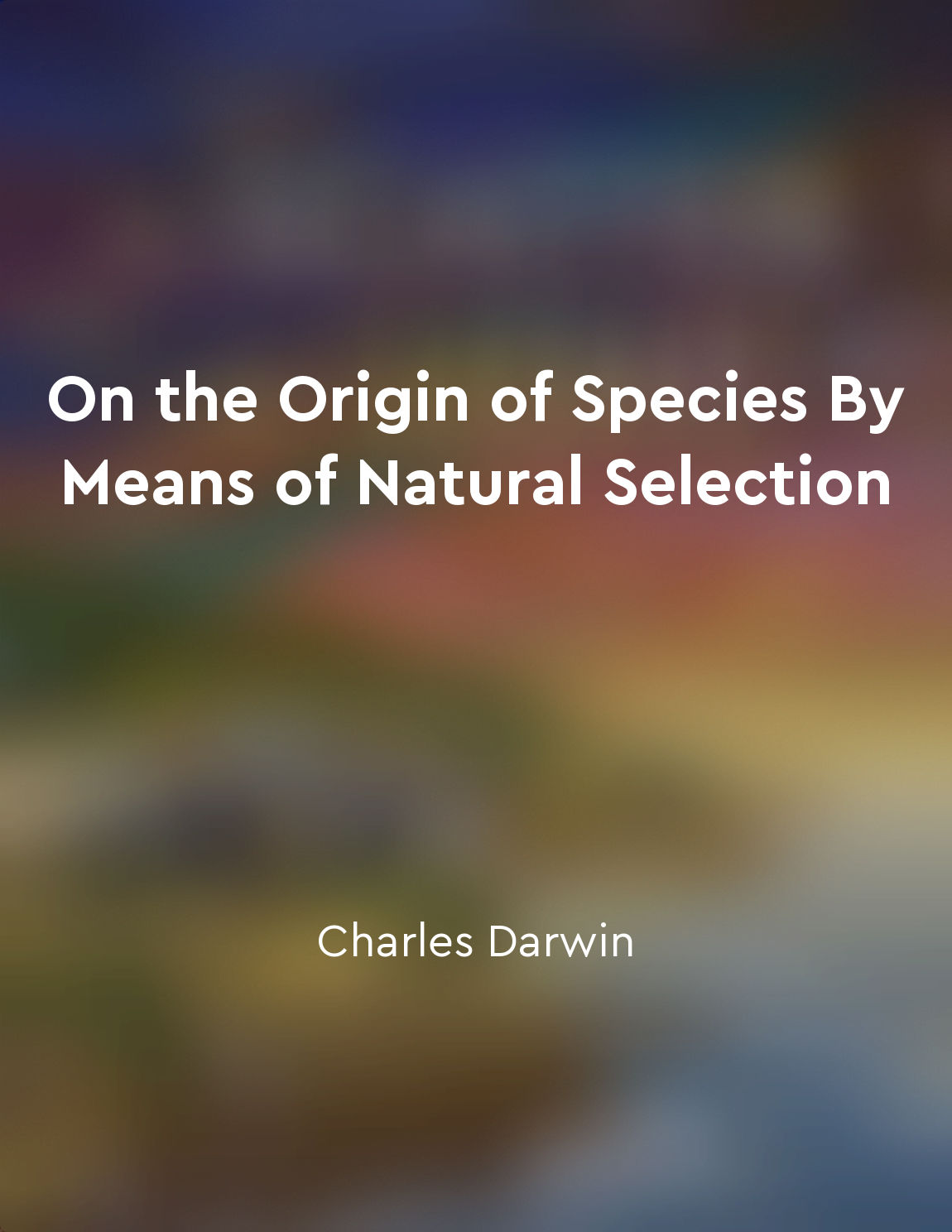Audio available in app
Understanding evolutionary forces can help navigate relationships from "summary" of The Evolution of Desire by David M. Buss
As human beings, we are not immune to the evolutionary forces that have shaped us over millions of years. These forces play a crucial role in our relationships, influencing our desires, behaviors, and motivations. By understanding these evolutionary forces, we can gain valuable insights into the dynamics of relationships and better navigate the complexities that often arise. Evolutionary psychology provides a framework for understanding why we are attracted to certain qualities in a partner. For example, men are often drawn to physical attractiveness in women because it signals fertility and health, traits that have been valued throughout human history. Women, on the other hand, may be attracted to men who display high status or resources, as these traits can provide security and support for offspring. These preferences are not arbitrary but are rooted in our evolutionary past. Moreover, evolutionary forces can shed light on the behaviors that can strengthen or weaken a relationship. For instance, jealousy may seem like a negative emotion, but it serves an adaptive function by motivating individuals to protect their mate and ensure the survival of their offspring. Understanding the underlying reasons for jealousy can help partners communicate effectively and address insecurities in a constructive way. Additionally, evolutionary psychology can help us navigate the complexities of mating strategies and relationship maintenance. For example, men and women may employ different strategies when seeking a mate, with men often pursuing a short-term mating strategy and women opting for a long-term commitment. By recognizing these differences, individuals can better understand their own motivations and those of their partners, leading to more harmonious and fulfilling relationships.- Understanding evolutionary forces can provide valuable insights into the intricacies of relationships and help us navigate the challenges that arise. By recognizing the role that evolution plays in shaping our desires and behaviors, we can cultivate healthier and more satisfying connections with others.
Similar Posts

Inherited Wealth fuels Desire for SelfIndulgence
The presence of inherited wealth within a society plays a pivotal role in shaping individuals' desires and behaviors. Those who...

Selfawareness is the key to unlocking personal growth and success
Self-awareness lies at the core of personal growth and success. It is the starting point from which all positive change must fl...
The human brain is a product of evolution
The human brain is a product of evolution. This statement may seem uncontroversial to many people today, but it is actually a p...

Variation as fuel for evolutionary change
Variation is a fundamental aspect of the natural world, serving as the raw material upon which the process of natural selection...
Men's brains are more focused on achieving goals and success
In the world of the male brain, the drive to achieve goals and success reigns supreme. From an early age, boys are wired to foc...

True freedom comes from accepting ambiguity
True freedom is not found in the rigid confines of certainty and absolutes, but rather in the acceptance of ambiguity. The huma...
Finding common ground with women
To successfully connect with women, it is essential to find common ground. This means identifying shared interests, values, or ...
Buddhism provides a roadmap to a meaningful life
Buddhism offers a practical framework for navigating the complexities of existence and finding meaning in life. By examining th...
The concept of morality is deeply ingrained in human instincts
Morality, the sense of right and wrong that guides our actions, is a fundamental aspect of human nature. It is not something th...

Seduction is about creating a sense of intimacy and connection, while maintaining a sense of mystery
Seduction is not simply about physical attraction or charm; it is a delicate dance of creating emotional connection and intrigu...

